Menzies Campbell was a finely tailored politician who dressed like a Tory grandee, had a certain affinity with the social democratic wing of the Labour Party, but always described himself as both a proud Liberal and a proud Scot. And so he was.
Despite knowing and being surrounded by equally talented Scottish Labour figures who’d made easier careers for themselves in what was the naturally dominant political force north of the border – notably John Smith, who rose to the party leadership – Campbell paid a certain price for his loyalty to Liberal values. He only became an MP at the comparatively mature age of 41, rose to the party leadership when he was, at 65, past his prime, and never held office.
By the time the Liberal Democrats tasted national power in the Cameron–Clegg coalition government of 2010, he might have had the opportunity to serve in some role, but in any case, he sat it out. He could not be blamed for the Lib Dems’ nuclear winter that followed the 2015 general election. At that point, it was curtains for the lot of them.
As is routine for an ex-party leader, Campbell took a peerage and stepped back from public life. But he had been in the thick of politics for decades. He was extremely close to Paddy Ashdown during his leadership in the 1990s, and had an attempt to pull Labour and the Liberal Democrats closer together in what was then termed “The Project” succeeded, he would easily have joined the Blair cabinet. It was not to be.
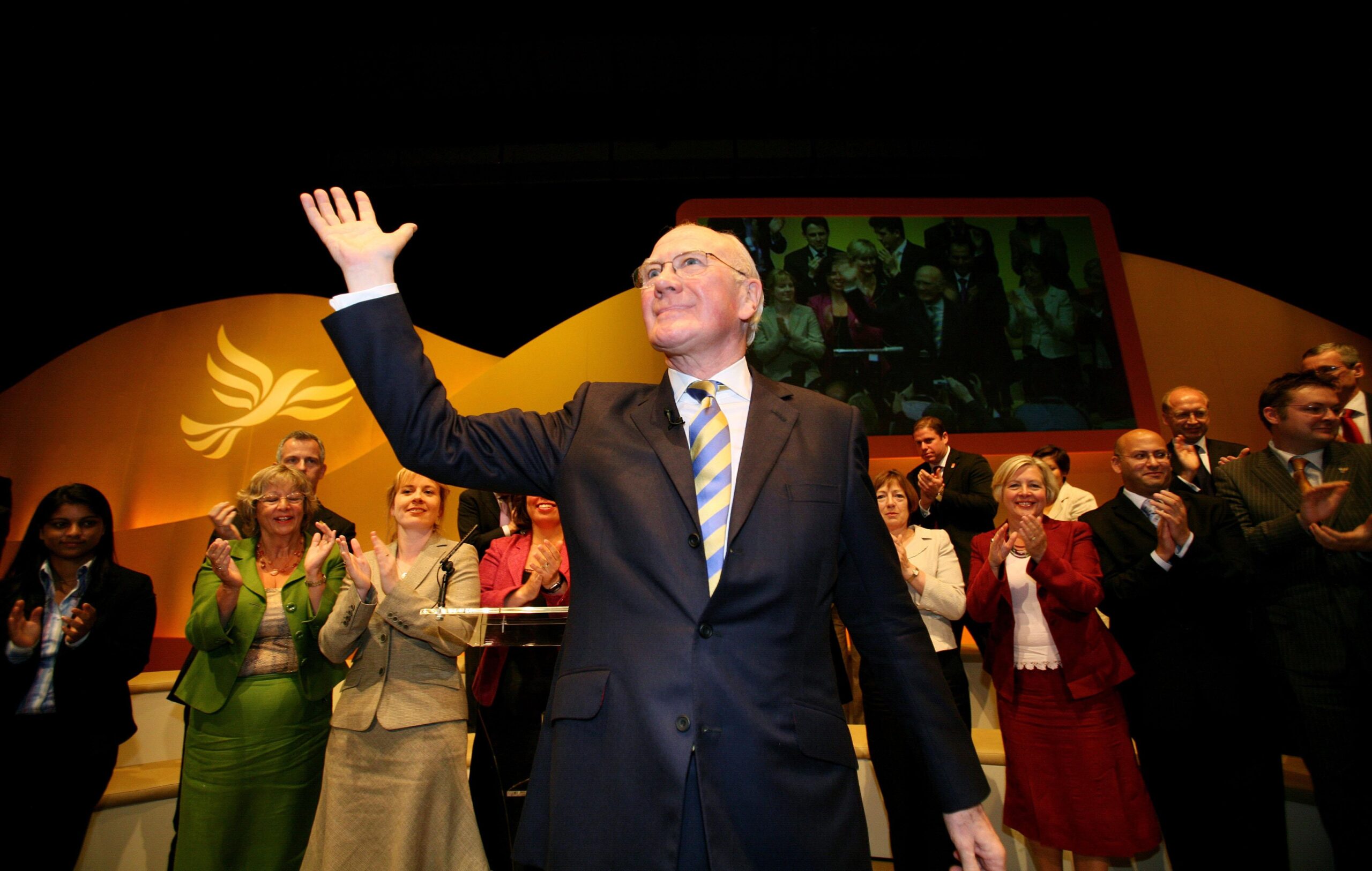
He was respected, but not necessarily viewed with great affection by his parliamentary colleagues or the wider party, and when Ashdown retired from the leadership in 1999, Campbell declined to run in the contest to succeed him. He was not prepared for the pleasantries – or unpleasantries – of a fight.
As the otherwise successful leadership of Charles Kennedy, who easily won, foundered on alcoholism, Campbell made himself available. Sadly, after only some 19 months in office, Campbell himself fell victim to a palace coup, led by Nick Clegg in October 2007.
How different things might have been had Campbell been choosing between keeping Gordon Brown in Number 10 rather than facilitating George Osborne’s regime of illiberal austerity, we shall never know. It was in fact a Tory backbencher who really did for Campbell – by then looking older than his years – by shouting “declare your interest!” as the Lib Dem leader stumbled over a question to Blair about the future of the state pension. Whatever else his leadership might eventually have accomplished, it was the beginning of the end.
Campbell had long been a stentorian voice as the Lib Dem foreign affairs spokesman and a regular on the serious news shows, but the rave reviews he received from the press did not sustain him once he took on the mantle of leadership. His critics said he’d begun to believe his own propaganda.
It was, strange to say, to some degree a life of enormous promise never quite fulfilled. In the Commons he had enjoyed a quiet but continuously rising reputation. Known quickly for pleasant competence, he came to be seen across the Steel, Ashdown and Kennedy eras as the supremely reliable man – indeed, as someone who might have led the party at least as well.
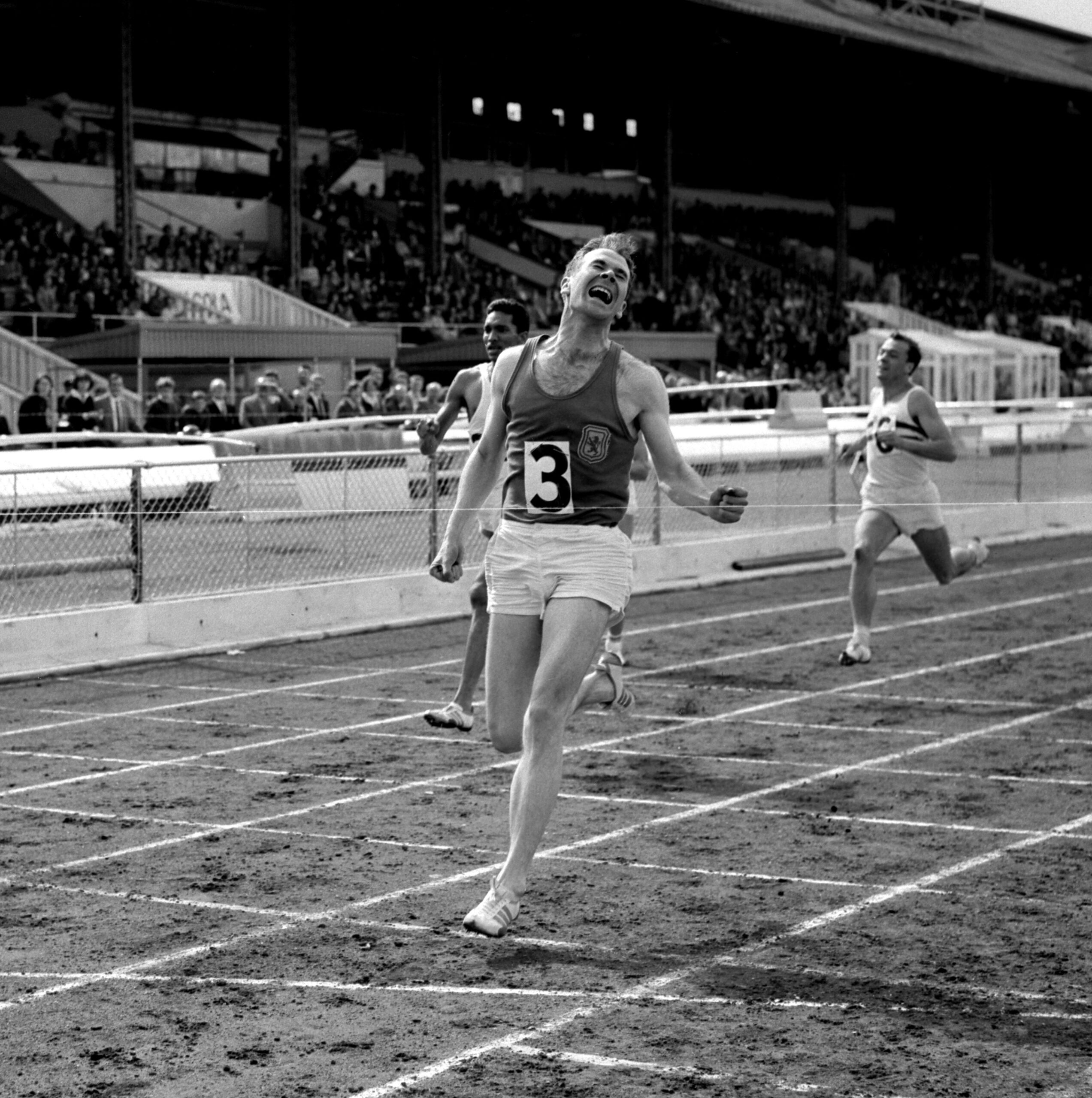
Born in 1941, another Glaswegian talent, Walter Menzies Campbell, though a product of Hillhead High rather than the Smith/Irvine/Dewar route of Glasgow Academy, attended, like them, that city’s great university before proceeding to Stanford. A Liberal from university days, despite the ILP/Labour background of his family, he made reputations outside politics – first in athletics, then law.
A 220-yards runner, he took part in the 1964 Olympics and the 1966 Commonwealth Games, captained the UK athletics team in 1965 and 1966, and held the British 100 metres record from 1967 to 1974. Called to the Scottish bar in 1968, he became advocate-depute in 1977 and took silk in 1982. He would later hold a good clutch of tribunal appointments.
The politics in this earlier life was a kind of quiet adornment to a name made elsewhere. “Ming”, as Campbell was always called, was chair of the Scottish Liberal Party across 1975–77, fought Port Glasgow and Greenock in 1974, East Fife in 1979 and again in 1983, slowly treading down the Tory heels of Barry Henderson, and, supported by some targeting, finally defeated him by 1,477 votes in 1987.
He would thereafter hold the seat in North East Fife despite minimal boundary changes – a combination of St Andrews, Cupar, the legendary Auchtermuchty, and a more than usually struggling Division Three football club.
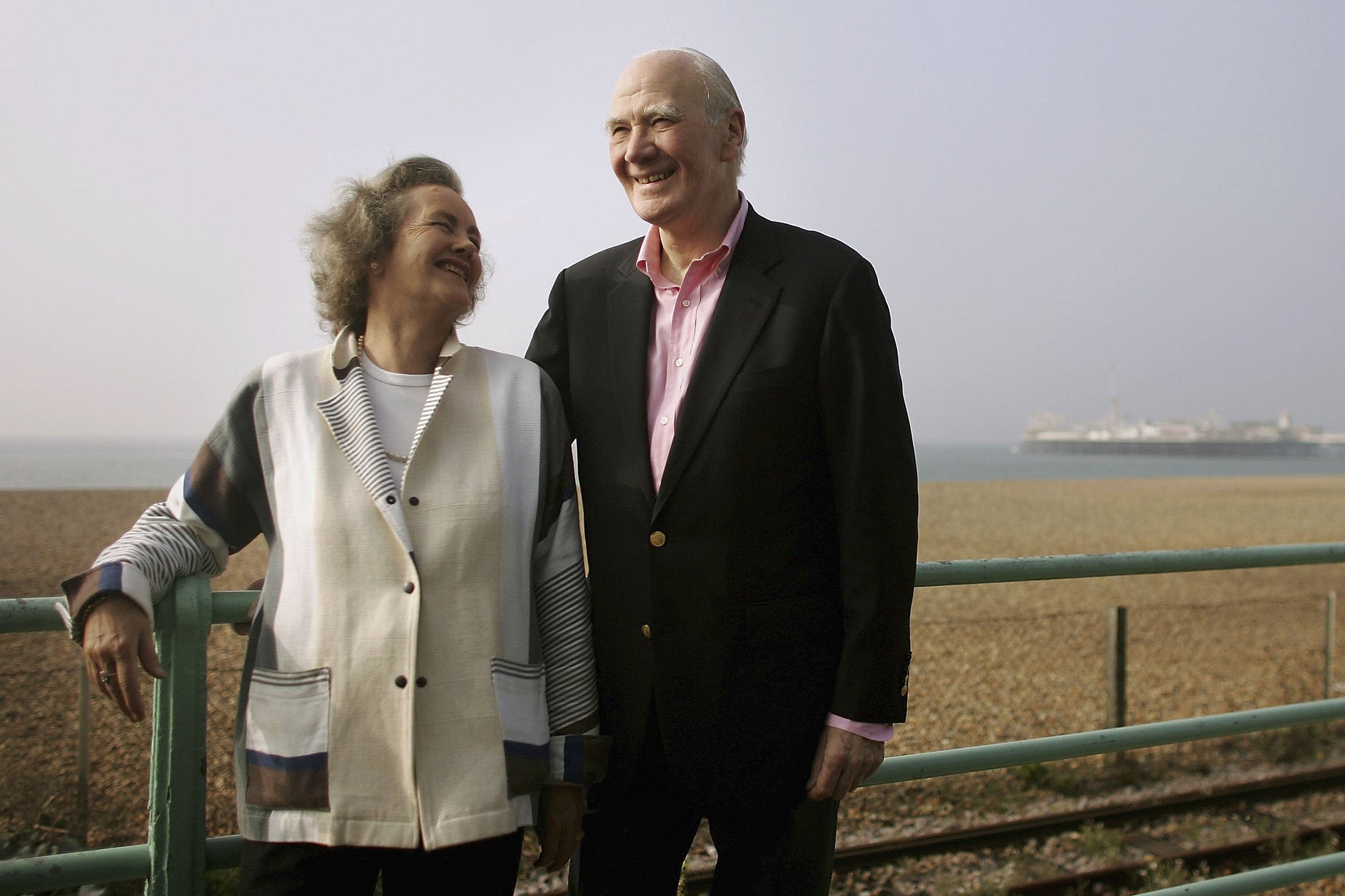
Campbell counted in his party at once. For most of the 1980s, the old Liberal Party writhed in the griefs of mutation: should it, or should it not, throw in its hand with the SDP – nice Shirley Williams, glamorously sinister Dr David Owen and other travelling people fled from that unimaginable thing, a dangerously left-wing Labour Party?
Sentimental attachments to an ancient party – small but perfectly authentic – and a preference for being Liberals rather than winning power had no appeal for Campbell. To that extent at least, he might be termed a careerist. Pragmatic in the creditable sense, he argued with his habitual lucidity for the link and subsequent union between Social Democrats and Liberals to create the Liberal Democrats in 1988.
But beyond this, he was plunged at once into furious contention when the Liberals, who always had a unilateralist vein, boiled unpragmatically over at the 1986 Conference into affirmation of the non-nuclear road.
That issue has long been important in Labour and Liberal debate, but served more as a prospective handle for Tory scare propaganda than for any real utility in Britain, the missile-owning democracy. Given that rejection of CND was, with Europeanism, a key part of what the SDP was about, a burst of seaside moral sensibility could not have come at a worse time.
Campbell, like most mainstreamers, saw the move as a political calamity made possible by David Steel’s weary inertia. When policy was reversed at the next year’s conference, it was Campbell who positively strode to the rostrum (a firm recollection of the present writer) to deliver the hard line on defence, upon which, by a four-to-one majority, the Liberals would unite, opening the way for fusion with the SDP.
His impact was measured by his official shadow portfolio, which had initially been Sport, and now quickly, by 1988, embraced Defence. In 1994 it became Defence and Foreign Affairs; and after 1997, he was designated chief spokesperson on Foreign Affairs, Defence and Europe.
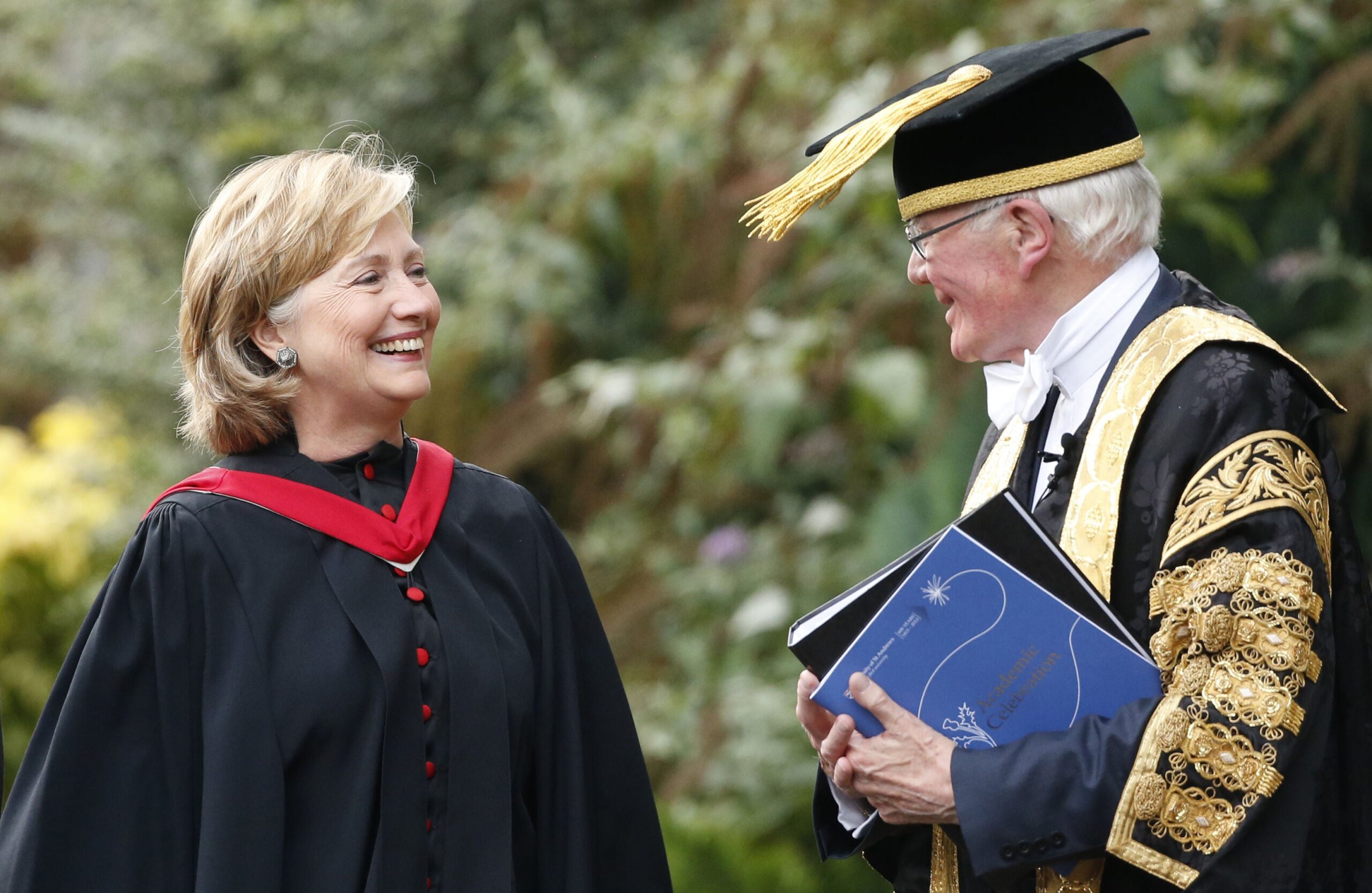
Campbell’s stand on nuclear defence put him into the right-wing pro-US camp. But the measure of his good sense was that in different circumstances, he showed no uncritical attachment to a US government getting things wrong.
Greatly to his lasting credit, Campbell would function across the spring and summer of 2003 as the most effective critic – Robin Cook apart – of Britain’s unhappy adhesion to the Iraq adventure led by George W Bush and Tony Blair. The same lucidity that had derided peace therapy in 1986 was turned bitingly upon Blair’s essay at strength through war.
The supporter of NATO was unimpressed by Britain’s role as matching accessory.
Part of Campbell’s strength was that he was a specialist: foreign affairs and defence absorbed his attention, and he spoke on them with expert knowledge. On the other hand, his early sympathy for amalgamation with the SDP was echoed with a rare lapse of judgment in his rather lonely support across 1998 for Ashdown’s ill-conceived attempt at association – coalition-in-office and/or possible union – with shining-bright New Labour.
This owed little to naivety about the nature of Blairism than to personal loyalty as Ashdown’s senior parliamentary lieutenant – and perhaps to earlier Glaswegian associations with Smith and particularly Donald Dewar, a dear friend, whose sudden death in 2000 was a big loss to progressive politics at all levels.
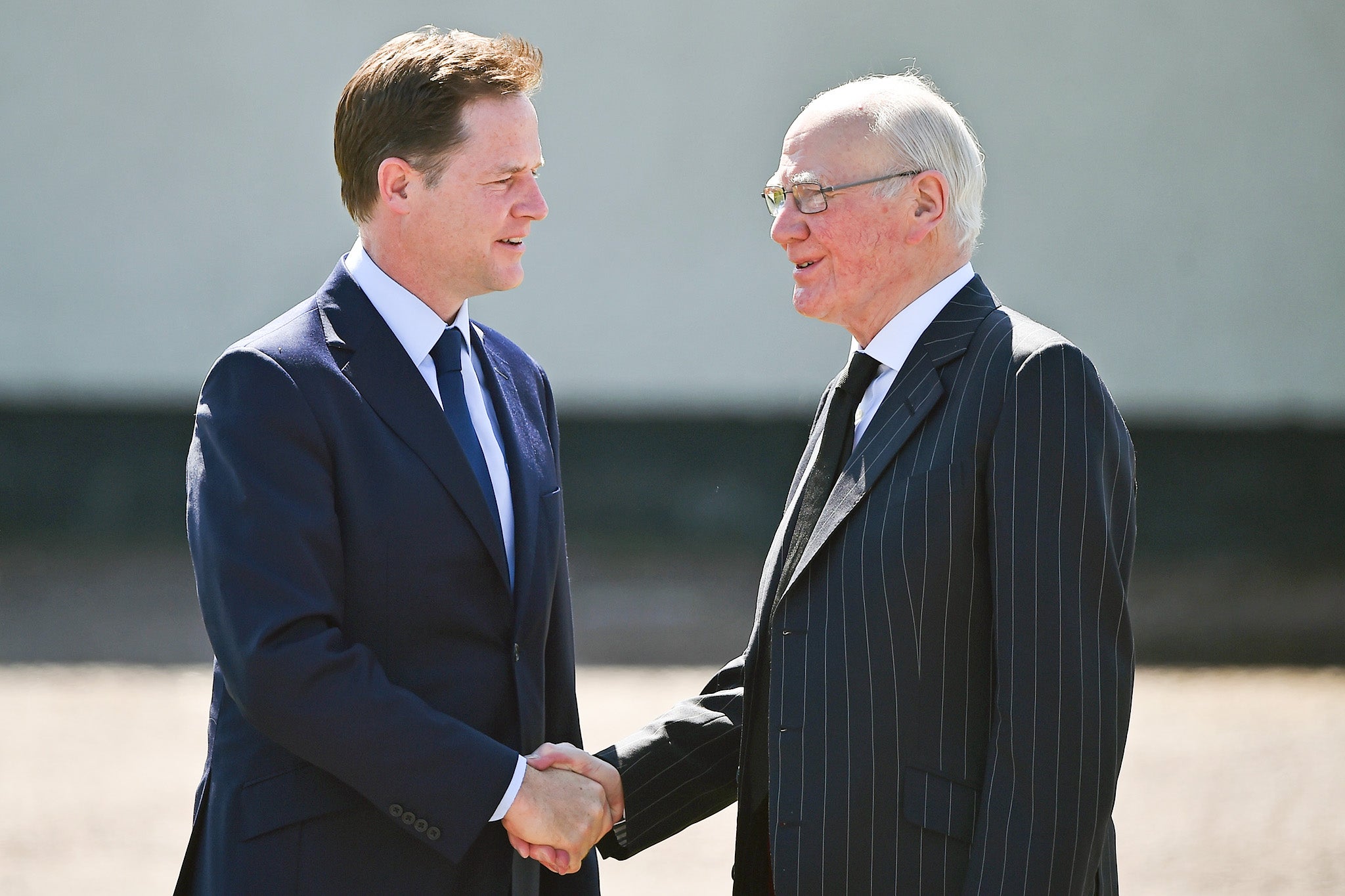
Despite opposition to the Iraq War, Campbell was always an Atlanticist, looking to a return to a better United States than the one represented by neo-conservatives and George W Bush. He never quite shared the dedicated Europeanism of most Lib Dems and took seriously anxieties about the proposed European Constitution – and he favoured a referendum on it.
His marriage to Elspeth Urquhart was important beyond its domestic success. Elspeth proved a seriously dedicated PA and party headquarters worker in Edinburgh, though adoption by the rather grand circle of friends of a Major-General’s daughter (her father was famously at Arnhem) may have tilted Campbell further away from the sort of rough populism which would make Charles Kennedy so attractive a candidate.
A divorcée, with a son, she and Campbell married in 1970 and enjoyed a long marriage that ended with her death aged 83 in June 2023. Many considered her the driving force in his life.
Campbell’s stature was greatly enhanced throughout the party by his unflinching courage in the face of cancer and the horrors of chemotherapy in 2002. He immediately went public on all the facts and appeared on television, gaunt and desperate-looking, his hair gone from treatment.
Recovery from the disease had barely been accomplished when the Iraq crisis presented him with a parliamentary challenge generally thought to have been met brilliantly. It was his finest hour.
Walter Menzies Campbell, politician, born 22 May 1941, died 26 September 2025
